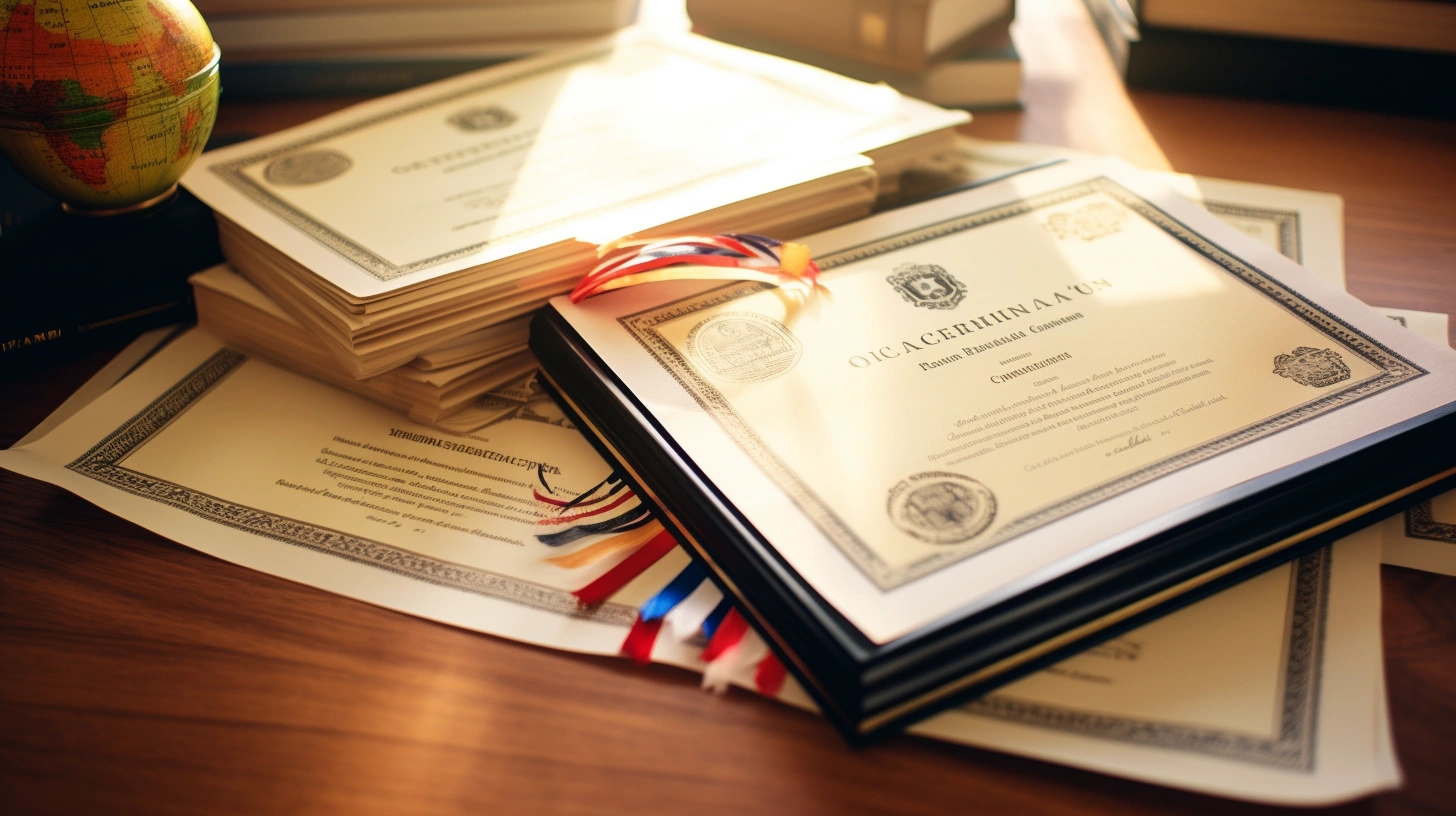Blog
What Are Real Certificates?
Introduction
In today’s digital age, certificates hold significant value in various fields, from education to business and legal documentation. However, with the rise of fake certificates, understanding what constitutes a real certificate and how to verify its authenticity is crucial. In this article, we’ll explore everything about real certificates, including their types, importance, verification methods, and frequently asked questions.
What Are Real Certificates?
A real certificate is an official document issued by an authorized institution, verifying a person’s achievements, qualifications, or legal status. These certificates serve as proof of authenticity and hold credibility in respective fields.
Types of Real Certificates
- Educational Certificates – Issued by schools, colleges, and universities to validate academic achievements.
- Professional Certifications – Recognized credentials awarded by professional organizations.
- Legal Documents – Birth certificates, marriage certificate, and other government-issued documents.
- Business Certificates – Business registrations, tax documents, and licenses.
- Medical Certificates – Issued by hospitals and healthcare institutions.
Importance of Real Certificates
Real certificates play a vital role in various aspects of life, such as:
- Career Growth – Required for job applications and promotions.
- Legal Recognition – Essential for official documentation and identification.
- Academic Verification – Necessary for higher studies and scholarships.
- Business Operations – Proof of legal business registration.
- Personal Identification – Used for verification in legal matters.
How to Verify the Authenticity of a Real Certificate?
Ensuring the authenticity of a certificate is crucial to avoid fraudulent documents. Here’s how you can verify a real certificate:
- Check the Issuing Authority – Verify the institution’s legitimacy.
- Examine Security Features – Look for watermarks, holograms, and seals.
- Cross-Check with Official Databases – Many institutions provide online verification portals.
- Contact the Issuing Organization – Directly reach out to confirm authenticity.
- Use QR Codes or Serial Numbers – Many modern certificate include scannable codes for verification.

Where to Obtain Real Certificates?
If you need a real certificate, always approach official and authorized sources such as:
- Accredited educational institutions
- Government offices
- Professional certification bodies
- Registered businesses and licensing authorities
- Healthcare institutions
FAQs About Real Certificates
1. How can I differentiate between a real and a fake certificate? A real certificate is issued by an authorized body and includes official seals, security features, and verifiable details.
2. Can I verify my certificate online? Yes, many institutions offer online verification portals where you can check the authenticity using serial numbers or QR codes.
3. Are digital certificate considered real? Yes, as long as they are issued by an authorized institution and contain valid security features.
4. What should I do if I lose my real certificate? Contact the issuing authority to request a duplicate or a certified copy.
5. Can real certificate be used internationally? Yes, but some certificate may require authentication, such as an apostille or notarization, for international use.
Conclusion
Real certificate play an essential role in education, business, and legal matters. Knowing how to verify their authenticity ensures you are not misled by fraudulent documents. Always obtain your certificate from credible sources and use official verification methods for validation.


